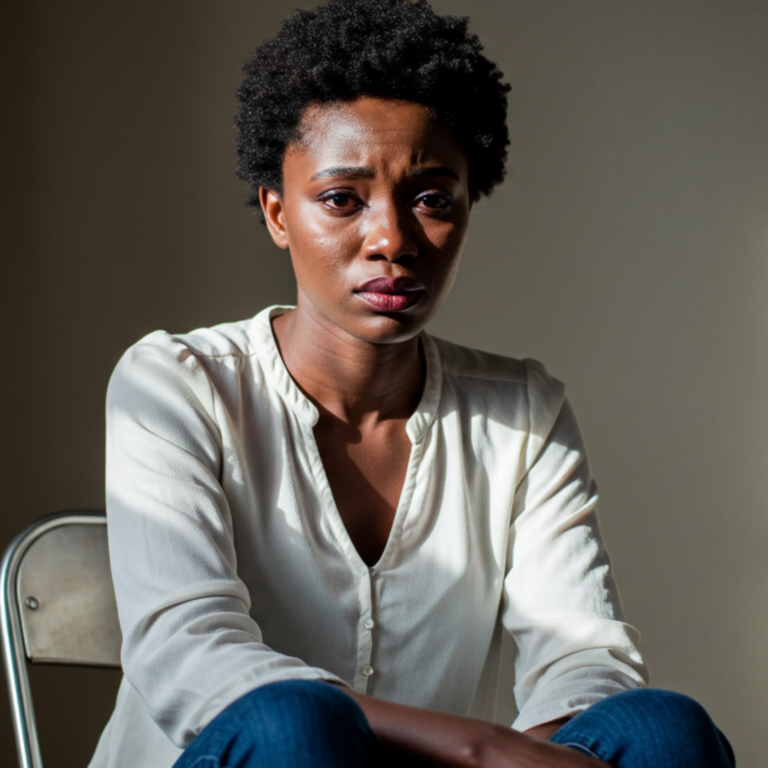If you’ve mistaken the decline in headlines about Boko Haram for their disappearance, you’d hate to know that it has started featuring more in the news for all the wrong reasons.
What has Boko Haram been up to?
In less than one week, Boko Haram has been linked with two major attacks against the Nigerian armed forces. On Saturday, November 17, Boko Haram fighters launched an unexpected attack on a Nigerian Army camp in Kareto, Borno State. According to military sources, the attackers stormed the camp armed with weapons, including a car bomb used for a suicide attack.
While the sources claim that about 20 soldiers lost their lives as a result of this invasion, the Defence Headquarters (DHQ) later put the death toll at five. Some properties, including one military truck,14 other vehicles, and the camp itself, were also destroyed during the attack.
On Monday, November 18, another attack in Kaduna state was linked to men who are believed to be Boko Haram terrorists. These suspected terrorists attacked a team from the Nigeria Security and Civil Defence Corps (NSCDC) in Farin-Kasa, Kaduna State. The team was checking the National Grid in Shiroro, Niger State, after power lines were damaged, causing blackouts in the North.
During their patrol, they saw some stranded foreigners near a village and let them join their convoy for safety. But unknown to them, over 200 Boko Haram fighters were hiding on a nearby hill, waiting to attack. The fighters opened fire, and the NSCDC officers fought back, killing over 50 of the attackers.
Unfortunately, seven officers are missing, and a search is ongoing to find them. Some officers were also injured and are being treated in the hospital.
Why should we be concerned?
If there were ever a time when the Nigerian armed forces needed to tighten all loopholes and be extra vigilant, it would be in 2024. This is mainly because there’s a new terrorist group called Lakurawa that has started operating in Nigeria’s Northwest region. This group entered Nigeria through weak border security, catching the Nigerian armed forces off guard. It has been up to no good since then. Its members recently killed about 20 people in Kebbi state and destroyed livestock worth millions.
While the operations of Boko Haram and Lakurawa are not interconnected, both terrorist groups seem to be bringing the fight to the Nigerian armed forces in November.
What is Nigeria doing about this?
Before the Boko Haram attacks, Maj.-Gen. Edward Buba, the Director of Defence Media Operations, mentioned that the Nigerian military has increased intelligence and surveillance efforts to track down the Lakurawa terrorists. However, the armed forces being ambushed by a group of terrorists twice in one week is enough reason to question how strong their overall anti-terrorism efforts are.
The Nigerian government has also been investing heavily in the fight against insecurity. From January to June 2024, the Tinubu administration invested a total of ₦1.03 trillion in reducing terrorism.
What does this mean for Nigerians?
The recent attacks are not the only audacious move that Boko Haram has made recently. In October 2024, the terror group beheaded four people in Gwoza, Borno State. It released a video of the gruesome killing, calling it payback for its members who were killed by the Nigerian military.
“This is in response to the relentless onslaught and killings of our people by the Nigerian military,” one of the terrorists in the video said.
In the same month, Boko Haram killed 40 Chadian soldiers after it carried out a similar surprise attack on a military base near the Chad-Nigeria border.
Even though the Multinational Joint Task Force (MNJTf) formed by Nigeria, Chad, Niger, and Cameroon have mostly weakened the terrorists, they seem to be making renewed attempts at violence with these daring attacks.
Comrade Bulama Abiso, the Executive Director of the Network of Civil Society in Borno State, believes that Boko Haram’s resurgence shows that “security agencies are relaxing” and that this should not be so.
“When Boko Haram is not completely overrun, security agencies need not relax,” Abiso said.
According to analysed data from the Armed Conflict Location & Event Data Project (ACLED), an organisation that collects data on violence and protests, at least 2,336 Nigerians died as a result of insecurity in the first three months of 2024 alone.
We might notice a more disturbing trend if terrorists continue to carry out more attacks like this.




